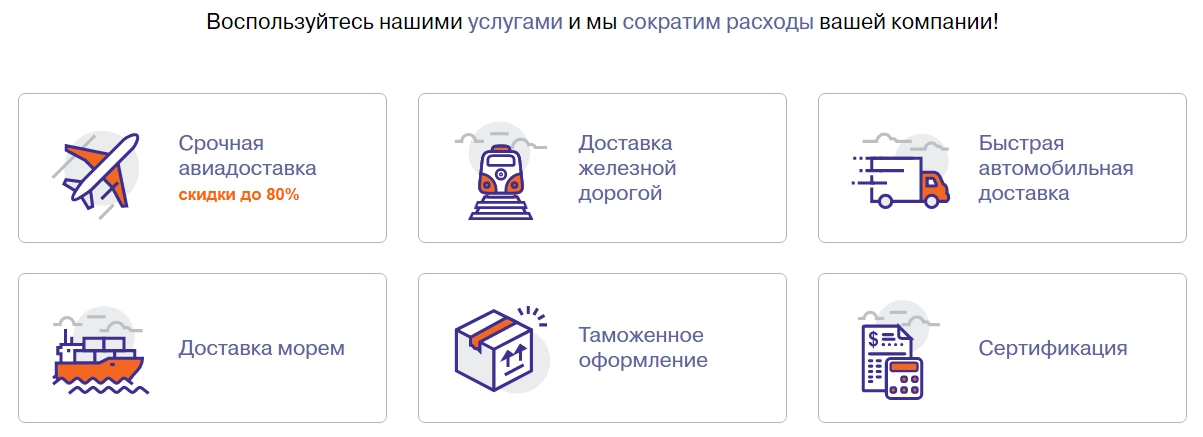How AI-driven Solutions are Reshaping Goods Transport
How AI-driven Solutions are Reshaping Goods Transport
Blog Article
The distribution field, particularly freight transport, is experiencing a remarkable transformation, driven by the relentless evolution of automated technologies. As businesses compete for efficiency and rapidity in transportation approaches, robotization positions itself at the leading edge of this innovation, reshaping how products are shipped across the globe. From AI-powered vehicles to smart surveillance mechanisms, the momentum of this sector is palpable, offering substantial improvements in efficiency, reliability, and affordability.
Redefining Efficiency with Mechanization
At the core of this digital surge lies the implementation of mechanization in freight delivery systems. Old-fashioned approaches often faltered under the weight of lagging processes and manual error. However, contemporary self-operating technologies offer intelligent strategies that enhance processes.
One significant improvement is in the domain of aerial delivery, where autonomous technology assists in managing multi-layered supply chain tasks that involve route mapping and aviation navigation control. This not only speeds up the operation but also enhances security by eliminating potential manual errors.
Improved tracking capabilities are another benefit. Modern technology enables for real-time tracking of shipments, which keeps companies and customers informed about the status of their items at all times. This clarity is crucial in cultivating credibility and consistency in cargo shipping services.
Reducing Overheads and Simplifying Regulatory Processes
Automation advances into the intricate procedures of import-export clearance, historically a hindrance for cargo logistics due to its multifaceted regulations and likely setbacks.
Modern AI-integrated frameworks equipped with large-scale analytics tools can swiftly process massive datasets of paperwork and ensure adherence with government policies faster than previously. This minimization in workflow delays cuts down on overhead expenses substantially, demonstrating a direct cost-benefit that companies can capitalize on.
Optimizing Freight Management with Big Data
Moreover, the implementation of data analytics revises the approach toward cargo handling and customs. By examining previous information and current patterns, machine-driven systems predict problems and enhance operations to be more predictable and efficient.
Businesses observing real-time data can formulate informed strategies that naturally minimize risks associated with customs setbacks.
The Environmental Perspective
Automated technologies also contribute greatly to environmental sustainability in cargo transport. More accurate and well-planned navigation calculation lowers excessive fuel usage and lowers greenhouse gas.
Automated delivery vehicles are increasingly compatible with eco-friendly power solutions and battery-powered energy, synchronizing freight shipping activities with broader sustainability initiatives.
Improving Client Satisfaction
The automated technology enhances not just logistical productivity but also client satisfaction. The capacity to track deliveries in real time, encounter reduced hold-ups, and enjoy reduced costs revolutionizes client interaction positively.
Swift, open, and seamless delivery models are more likely to encourage customer retention and repeat orders, demonstrating that modern innovation is indispensable in present cargo transport frameworks.
Furthermore, as machines execute routine operations more effectively, organizations can redirect employee staff to areas needing strategic insight and planning, thereby elevating operational excellence as a whole.
Moving Ahead: The Self-Operating Horizon
The groundbreaking impact of self-operating technology in cargo transport promises an dynamic outlook for logistics. As companies advance to harness these systems, they improve their competitive edge by providing more efficient, more secure, and more affordable delivery options.
Eco-conscious advancements further broaden the attractiveness of self-operating technologies, synchronizing market operations with green efforts.
A New Phase in Cargo Delivery
In summary, the integration of automated technologies in freight logistics opens up a myriad of opportunities focused on enhancing transport not only quicker but also more secure and less costly.
The calculated leveraging of Big Data in simplifying border clearance processes further highlights the performance of self-operating frameworks in reshaping traditional logistics landscapes.
AI Integration: The Next Era of Freight Shipping
Freight shipping is transitioning decisively into a progressive era dictated by self-operating systems—a testament to humanity’s unwavering drive of progress.
With ongoing developments, the capability to reshape international commerce patterns remains, signaling an promising pathway towards an streamlined and well-structured horizon in cargo shipping.
For additional information about dostavka gruzov explore our new web page.